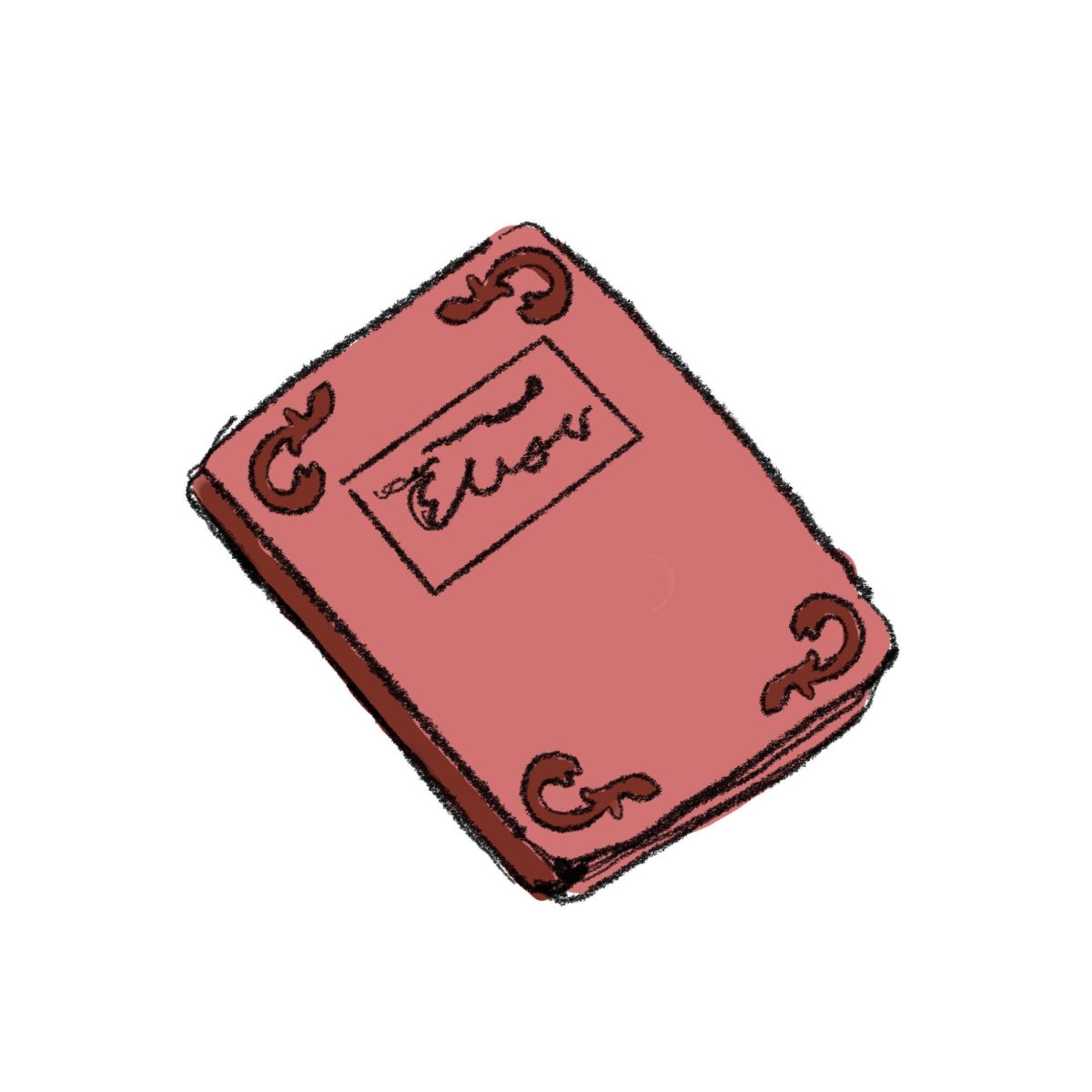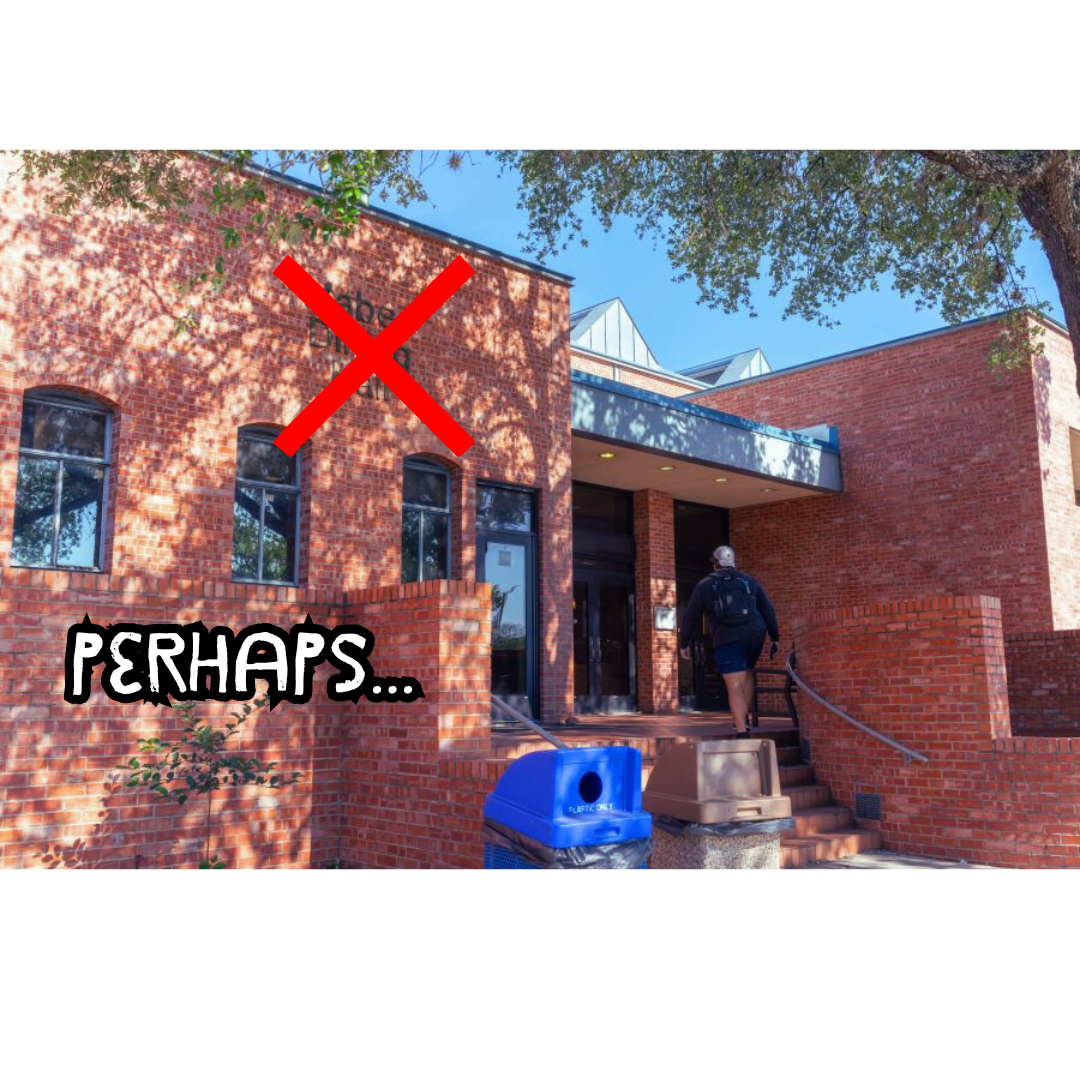The new Trinity curriculum has officially been given a name: Pathways. Charles B. White, professor of psychology and vice president for information resources, marketing and communications, along with members of university communications presented the idea for the new name to the University Curriculum Council (UCC) at the end of January.
The name was made public to Trinity faculty, staff and students last Wednesday, Feb. 4, in an email sent by interim president Michael Fischer, explaining the rationale behind the name choice.
Michelle Bartonico, director of marketing communications, was one of the members on the marketing team that came up with the name and presented it to the UCC.
“We came up with a word cloud, and “˜pathways’ definitely stuck out,” Bartonico said. “At first we tried to incorporate “˜connections’ into it, but it was too common””too many schools are using it. The word “˜pathways’ is really great for us because it lends itself to a lot of design narrations and it evokes more: you can see a pathway.”
The team created an infographic that will be used in admissions, and also designed a webpage to explain the new curriculum to prospective students and parents.
“We needed to make the curriculum look understandable and easy for people to digest, because when incoming or prospective students know that they’ll be part of this new curriculum, they’ll want to know what it’s going to be called and what it might mean,” Bartonico said.
Pathways includes six curricular requirements that students must complete in order to graduate from Trinity. The requirements include the first-year experience, core capacities, approaches to creation and analysis, the interdisciplinary cluster, the major and fitness education.
Glenn Kroeger, professor of geosciences and chair of the UCC, believes that within Trinity the jargon used to talk about the new Pathways curriculum will be more focused on these six areas.
“The design of the new curriculum has more student-centered words built into it, and I think, internally, we’ll begin to use those words much more frequently,” Kroeger said. “That’s a good thing because those words are much more meaningful in terms of specifics and why we’re asking a student to do it.”
Duane Coltharp, vice president for academic affairs, has been working closely with the UCC throughout the process of developing the new curriculum, which was approved in January 2014.
“I like that “˜Pathways’ is plural,” said Coltharp. “When you think about “˜Pathways,’ it suggests that every student will find a different way through the new set of curricular requirements. The name also suggests that there’s a destination. Too often, people think about general education requirements as something you have to get out of the way, and this suggests that you’re actually trying to get somewhere.”
Pathways will take the place of the Common Curriculum for incoming students. Though it will primarily be current first years who experience the change, all current students who will be attending Trinity next year will have the option of changing the catalog on their transcript to the “˜Pathways’ requirements, based on their intended majors and the classes they have already taken.
“We want students to pick courses because they want to learn something from them, not just because they’re on some list,” Kroeger said. “I think students will find that they have more options with Pathways. When they’re a junior or senior, they may find that they have more time to take electives that they want to take.”
As for the name, Coltharp believes that Pathways reflects what the faculty was thinking when they designed the curriculum.
“We wanted a lot of flexibility so that students could find a way through the curriculum that made sense to them,” Coltharp said. “We wanted to get away from the box-checking mentality and we wanted to encourage students to think about general education requirements as something that really does prepare them for a successful life.”







